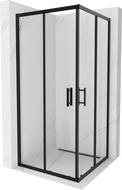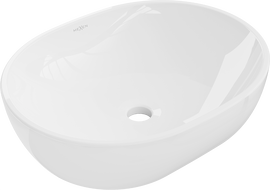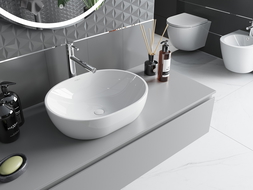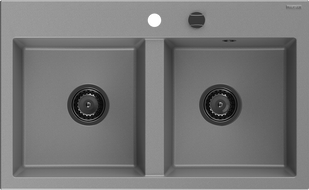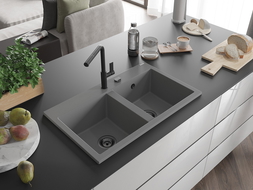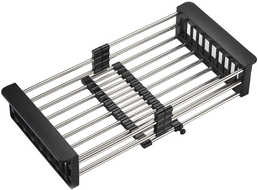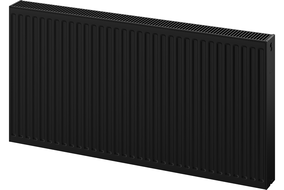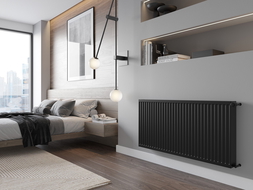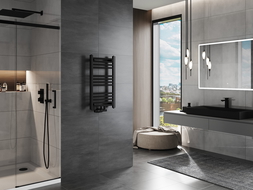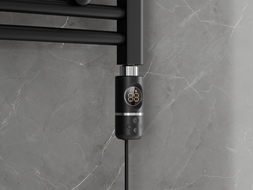
Pressure drop in a closed heating system is a problem that can disrupt the operation of the entire heating system. Decreased water pressure causes worse heat circulation, leading to uneven heating of the radiators and reduced system efficiency. Major issues in the heating system include leaks, valve failures, or problems with the circulation pump. To maintain comfort and efficiency in the heating system, it is worth knowing the most common difficulties and ways to solve them.
What will you learn from this article?
In the case of pressure drops in the heating system, it is important to understand the mechanisms behind them and methods for effective monitoring. With our knowledge, you will learn how to avoid many problems that could affect the operation of your heating system during the season. Furthermore, you will read about:
- Identifying the most common causes of pressure drops in a closed heating system.
- Why does regular water replenishment prevent problems?
- What preventive measures should be taken to maintain proper pressure in the heating system?
- In what situations is the intervention of a specialist necessary.
Get to know the typical causes of pressure drop in the heating system
Pressure drop in a closed central heating system can be caused by many factors that directly influence its operation. Here are the most common causes:
- Leaks in the system – even small leaks from pipes, valves, or connections in the central heating can lead to a gradual decrease in the amount of water in circulation, which in itself causes a drop in pressure throughout the system. Ignoring small leaks over time leads to greater pressure losses.
- Presence of air in the system – air can enter the system due to improper filling of the installation, interruptions in system operation, or valve issues. It causes disturbances in water flow and uneven heating of the radiators.
- Problems with the expansion tank – the expansion tank stabilizes pressure in the system by absorbing excess water when the pressure rises. In case of damage or overflow of the tank, the system's ability to normalize pressure fluctuations decreases.
- Improper operation of the safety valve – the safety valve protects the system from excessive pressure increases. If it is damaged or set to incorrect values, it may lead to excessive water discharge, thus lowering pressure and forcing more frequent water replenishment in the closed system.
- Problems with the circulation pump – the proper functioning of the pump is extremely important, especially in larger installations. If it does not operate correctly, water circulation is disrupted, making it difficult to maintain proper pressure in the entire heating system.
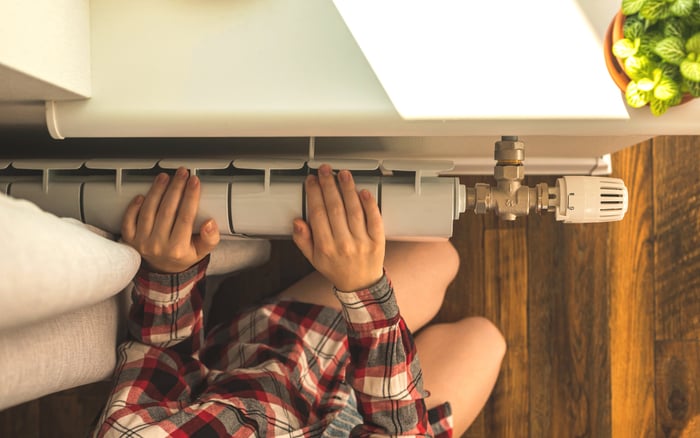
What do you need to know about the heating system in a closed loop?
The expansion tank is one of the important elements of the heating system, which is responsible for stabilizing the pressure in the closed system. Its function is to absorb excess water that appears with pressure rises and release it when pressure drops. If it is damaged or overflowing, the system loses its ability to compensate for pressure changes, resulting in fluctuations and decreased efficiency of the entire system.
Another important component of the heating system is the safety valve that protects the system from excessive pressure increases. If it operates improperly or is set to incorrect values, excessive water discharge may occur, which ultimately leads to a drop in pressure. Regular monitoring and maintenance of the safety valve, as well as allowing water into the radiators, is one of the basic steps to prevent improper operation of the system.
Water pressure in central heating – monitoring and maintaining proper levels
Ensuring stable pressure in the central heating system requires systematic monitoring of the entire system and taking maintenance actions when necessary. It is important to check the water level and pressure using a manometer. The recommended value in a closed heating installation usually ranges from 1 to 2 bars, although the exact value depends on the specifications of the given system. In situations where pressure drops, it is worth checking for leaks or other irregularities that could affect the system's efficiency. Sometimes it may even be necessary to allow water into the central heating.
Monitoring water in radiators
Regularly replenishing the closed heating system is as necessary as checking individual components of such a system. This action is very important as it allows for stable pressure in the pipes. To avoid introducing air into the system, water should be added slowly, and then the radiators should be bled. It is important to remember that the proper execution of this action ensures even heating of the radiators.
Filling the central heating system – preventing problems
Proper preventive maintenance can help avoid many problems with domestic heating installations. Regularly bleeding the radiators helps remove excess air from the system and prevents circulation blockages. This procedure should be performed with the circulation pump turned off, as this way, it can prevent circulation issues.
Monitoring the water level in the expansion tank and ensuring proper pressure (it should not be too low) are additional actions that influence the smooth operation of the entire system. In case air enters the system, it is advisable to consult a professional who will check the tightness and verify whether, for example, the check valve is adequately secured. They will also assess the cut-off valve and the condition of the expansion tank.
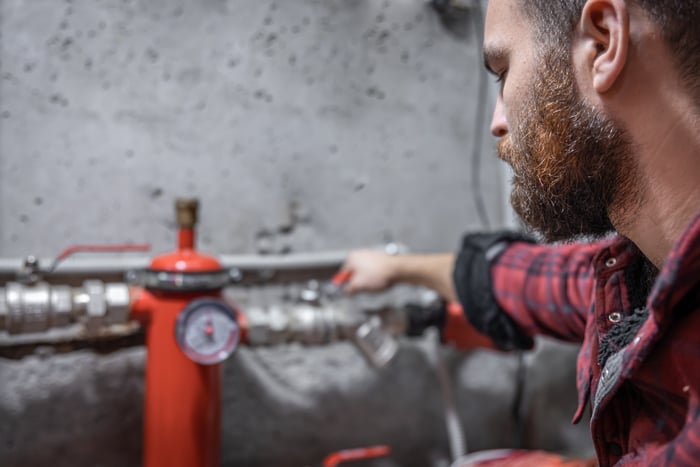
When should you call a heating specialist?
If low water pressure in your home is a recurring problem and attempts to resolve it are ineffective, the assistance of a specialist may be necessary. For example, if your system is leaking, it requires detailed diagnostics, as this is essential for its continued safe operation.
Other symptoms that may indicate the need for a professional inspection include difficulties maintaining pressure despite adding water to the heating system and unusual noises coming from the system.
Steps you can take on your own
- To independently check water pressure, purchase a manometer and regularly monitor its level. It should not be too low or too high.
- Replenish water in the system – do this slowly to avoid introducing air.
Caring for these basic aspects of the heating installation allows you to increase its lifespan and, most importantly, prevent many difficulties associated with its daily use.
Don't forget to check the pressure in the closed heating system!
Pressure drop in a closed heating system can be caused by various reasons, from minor leaks to complications with the expansion tank or safety valves. To ensure thermal comfort and proper operation of the system, regular monitoring of the valves and water level, as well as proper bleeding of the radiators, is essential.
However, if despite these actions the pressure drop problem persists, it's worth seeking help from a professional who can accurately diagnose the cause and implement appropriate solutions.

